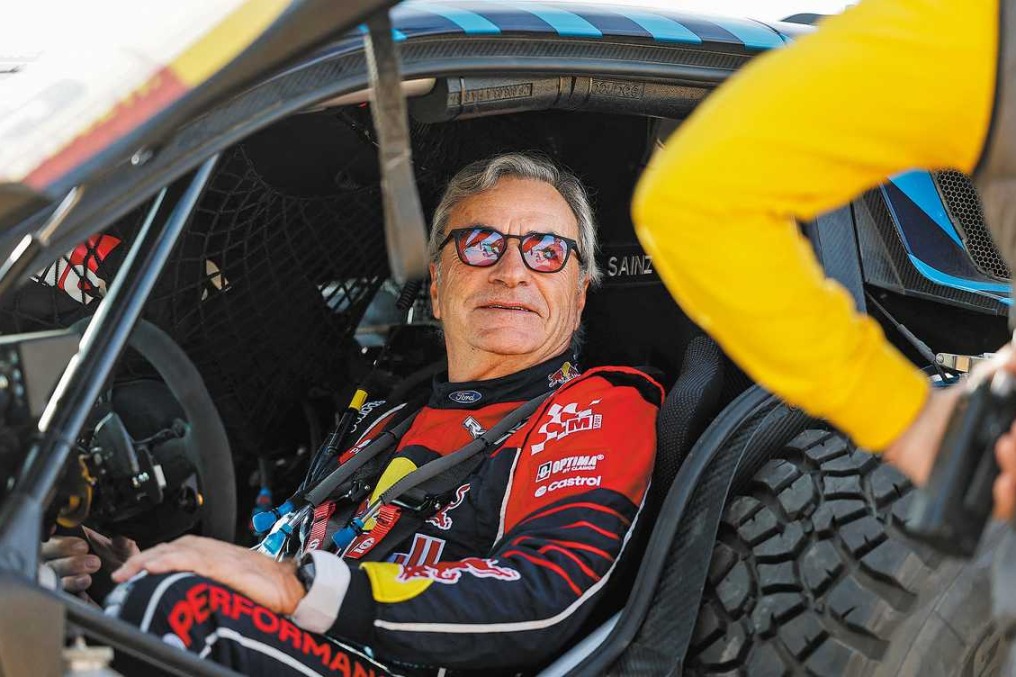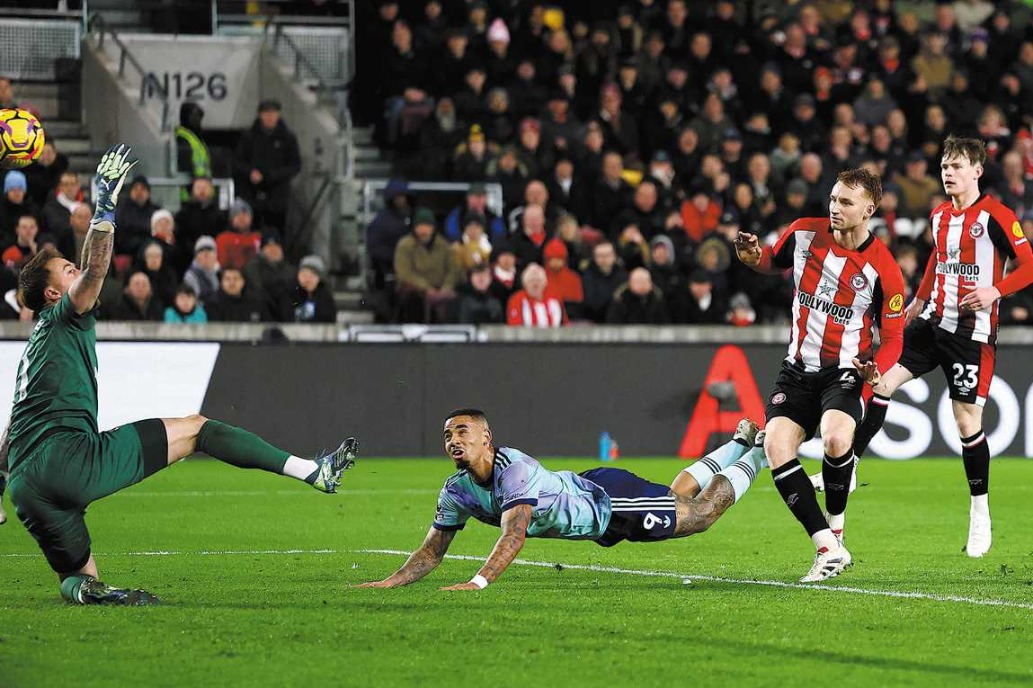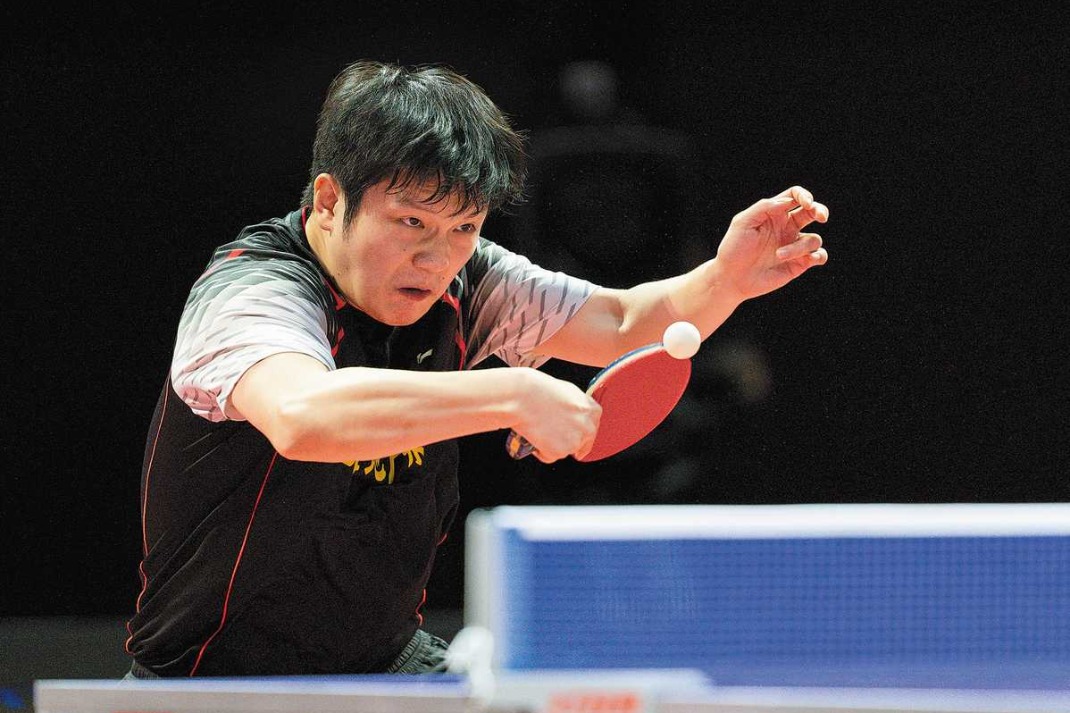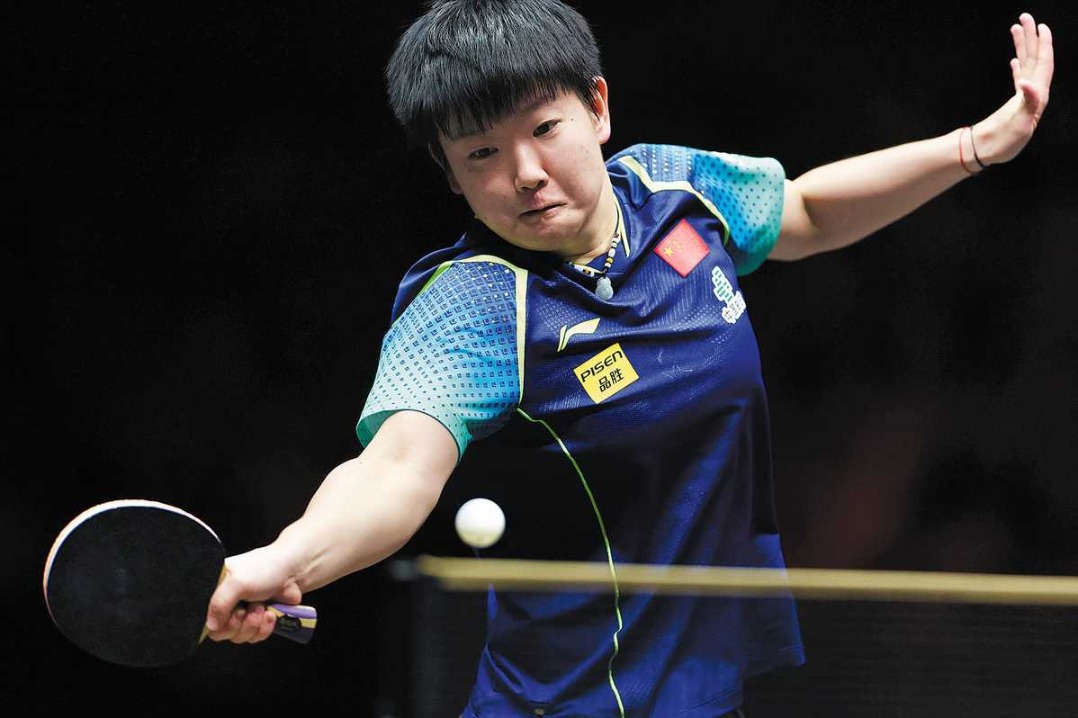IOC scholarships lend helping hand

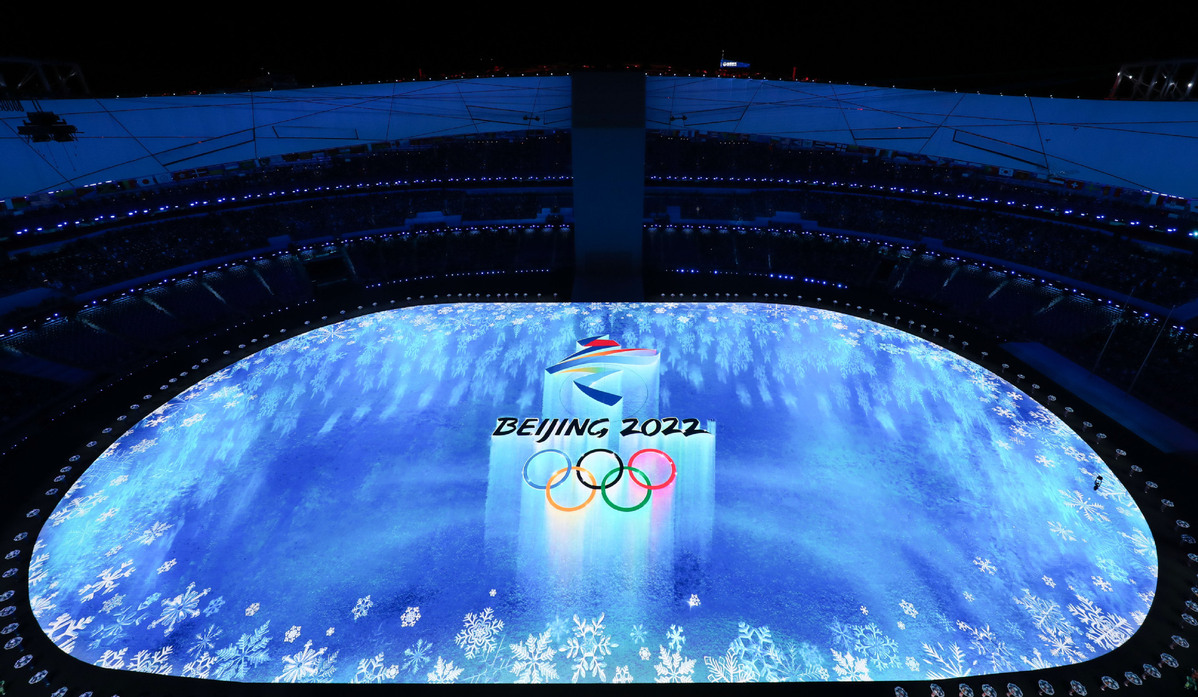
A total of 236 athletes who received individual scholarships from the Olympic Solidarity program are competing at the Beijing 2022 Winter Games.
Up until Tuesday, they had earned seven medals, including two gold, according to the International Olympic Committee.
Since late 2019, 429 athletes from Olympic committees of 80 countries and regions have benefited from individual scholarships to support their qualification efforts. Among them, 236 qualified for the Games successfully, and are made up of 139 men and 97 women, representing Olympic committees from 67 countries and regions.
Thanks to the scholarship, 19-year-old Richardson Viano became Haiti's first-ever Winter Olympian when he competed in the men's giant slalom in Beijing.
Olympic Solidarity was created over 50 years ago. It aims at providing assistance to Olympic committees through multi-faceted programs prioritizing athlete development, training for coaches and sports administrators, and promoting the Olympic values.
James Macleod, director of Olympic Solidarity and NOC Relations of the IOC, said the budget for the current quadrennial (2021-2024) is $590 million, which goes toward sport development programs for athletes, coaches and administrators.
"For these Games in Beijing, we've invested $17.5 million in athlete preparation through the scholarship program," he said. "We invested an additional $5 million into the Olympic Games subsidies that are provided by Olympic Solidarity."
Among the scholarship holders in Beijing, Zoi Sadowski Synnott of New Zealand won a gold in the women's snowboard slopestyle and a silver in the snowboard Big Air, while Jakara Anthony of Australia triumphed in the women's freestyle skiing moguls.
The Olympic scholarships contribute essential funding to cover an athlete's training, travel and competition expenses and are available to Olympic committees of all countries and regions, but in particular those with the greatest need, read an IOC statement.
With the help of the scholarships, Olympic committees can develop their own strategies to support athletes, said Olivier Niamkey, associate director of Olympic Solidarity, Athletes&Sport Development Division of the IOC.
"Some of them will provide simply a financial assistance, to use the scholarship and pay by cash. And others will organize their training using this funding, paying for the coach, paying for the travel, paying for their participation and competitions," Niamkey said.
Most Popular
- China held 671 marathons, road races in 2024
- 'El Matador' bullish about Dakar title defense
- Arsenal closes gap on Liverpool, as Jesus stars again
- Ohio State topples top seed Oregon in one-sided Rose Bowl
- Knicks roll to ninth straight NBA win
- CTTA goes to bat for star players
















